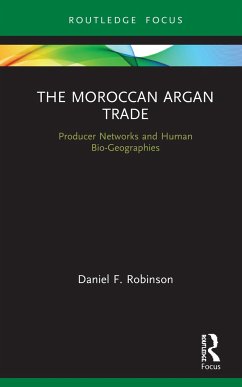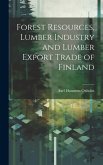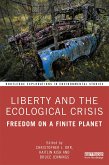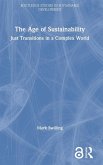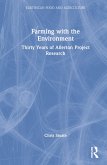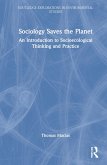This book provides one of the most detailed and comprehensive examinations of the Moroccan argan tree, the products derived from it and its cultural significance. The Moroccan argan trade is booming, but as the tree provides important ecological functions and plays an important role, both financially and culturally, for the Amazigh (Berber) people it has become a key topic of debate. This book thoroughly examines the production stories, benefits and impacts and provides a value-chain analysis which compares different cooperatives and approaches to production. It assesses the fair-trade approaches and attempts at sustainable production of the bio-trade resource. While being a vital source of income, the argan tree has a significant cultural importance to the Indigenous people and the book assesses the impact of the argan trade on their well-being, community and livelihoods. It examines Indigenous knowledge and intellectual property issues relating to the trade, as well as Berber-state law and politics. Assessing factors relating to legal and economic geography international trade, socio-cultural and human-nature relationships, the book provides a comprehensive analysis of the argan tree which will appeal to students, scholars and practitioners.
Hinweis: Dieser Artikel kann nur an eine deutsche Lieferadresse ausgeliefert werden.
Hinweis: Dieser Artikel kann nur an eine deutsche Lieferadresse ausgeliefert werden.

